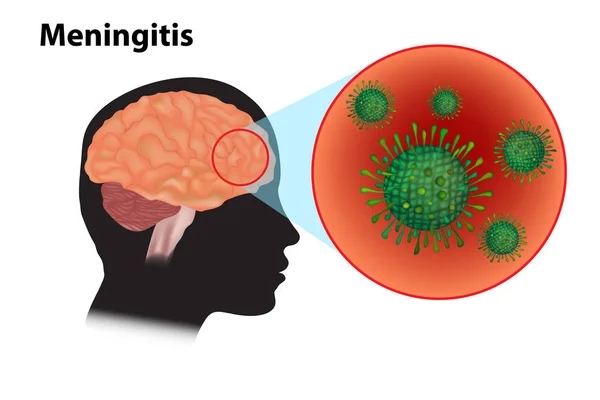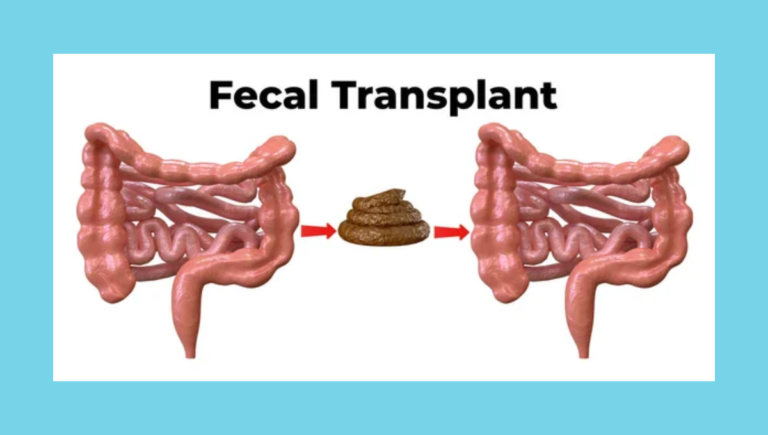A study shows that gene-based testing may help fight colorectal Cancer. The study identified six gene variants that may serve as diagnostic markers for pan-cancer and CRC detection. They had an AUC average of 0.855. The study suggests that genetic screening and testing could be a major factor in the fight against colon cancer.
The disease colorectal carcinoma, also called bowel cancer or colon cancer or rectal tumor, occurs when cells in the colon grow uncontrollably. About 3000 Finns are diagnosed with it every year. It is one of the world’s most common cancers. Many cases are not caused by a specific cause. While genetics and family history can be risk factors, they’re not the only ones.
The risk of colorectal carcinoma is high, but the current assessment is based solely on genetic testing and family history. Many cases are not detected until late stages, which reduces the chances of survival. Researchers in Finland used the genetic data of over 450,000 individuals to create a “polygenic score” for colorectal carcinoma. This score is based on genetic variations that are inherited.
Findings
- The “polygenic score” was able to identify individuals with high or low risk for colorectal carcinoma.
- The highest-risk individuals are four times more likely than the average to contract the disease.
- There are many cases of polygenic risk in those with no known family history and/or risk factors. Current methods may miss these individuals.
- Gen screening could be used to personalize the age and frequency of colonoscopies, with a focus on individuals at high risk for early detection.
- Colorectal cancer can be detected early through genetic testing, which could improve treatment outcomes and increase survival rates.
This approach may have a significant impact on the fight against colorectal carcinoma, a deadly and common disease.
Impact and Future
- The screening of genes could be used to personalize colonoscopies and the frequency at which they are performed. This would allow high-risk patients to begin earlier.
This may have a significant impact on the fight against colorectal carcinoma.- Validate the polygenic score in larger studies.
- Integrate gene screening into existing healthcare systems.
- Create tailored prevention strategies for individuals at high risk.
This research is promising for the future, where gene-based cancer screening will revolutionize colorectal detection, saving many lives and improving public healthcare.
Limitations
There are several limitations to gene-based colorectal screening.
Limited predictive power: Genetic testing may identify people at greater risk of colorectal carcinoma based on personal or family histories, but it does not always accurately predict cancer development.
Cost and complexity: Genetic counseling and testing can be expensive and complex, which can limit their accessibility to some individuals.
Lacking standardization: Genetic testing and counseling are not standardized, and this can lead to inconsistent interpretations and applications of the results.
Limited data about polygenic scores. Although polygenic scores (PRSs) have shown promise for risk stratification of colorectal carcinoma, more research is required to integrate PRSs into risk-based screen.
First generation stool DNA-based test: In practice, these tests are limited by higher costs and other screening methods.









+ There are no comments
Add yours